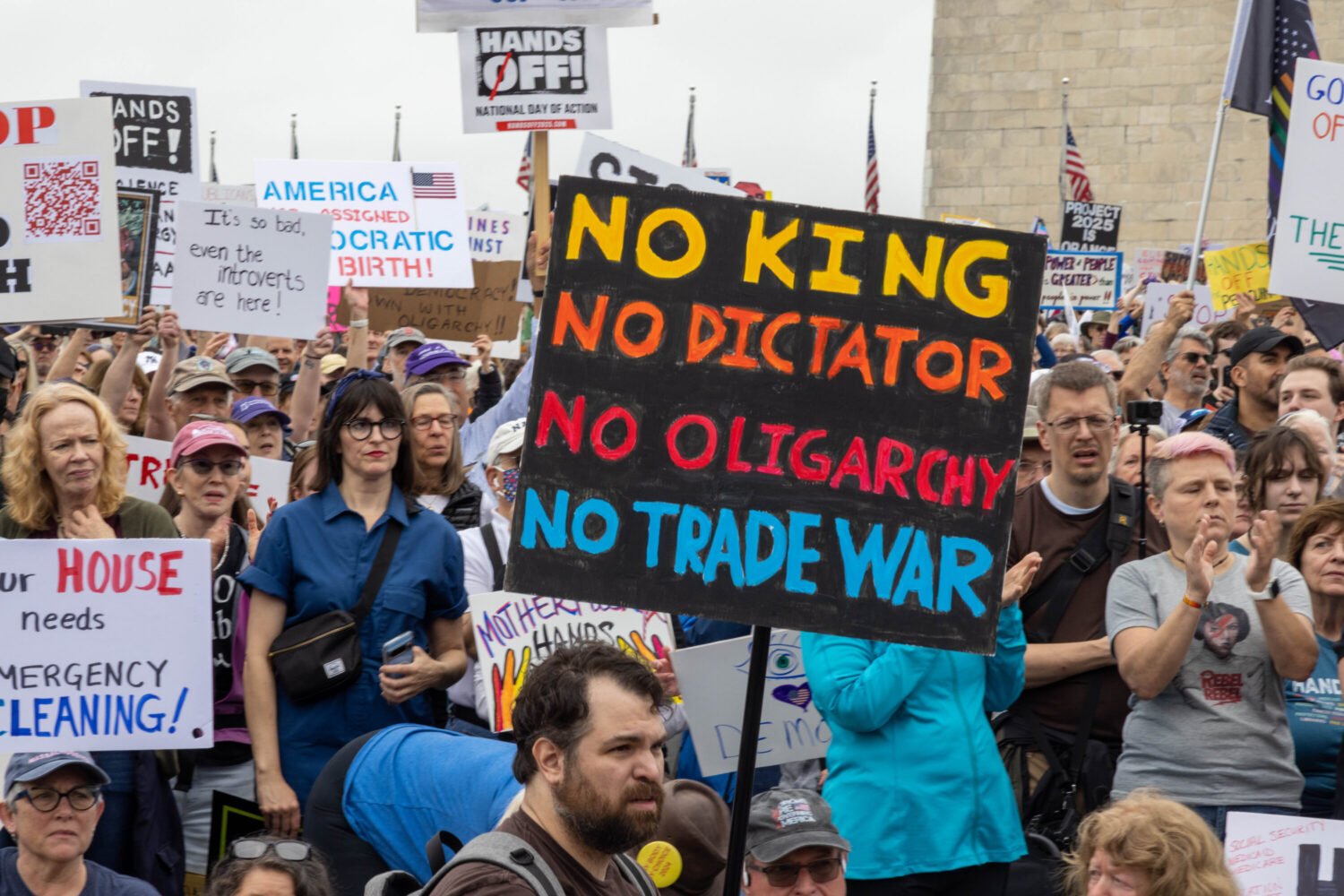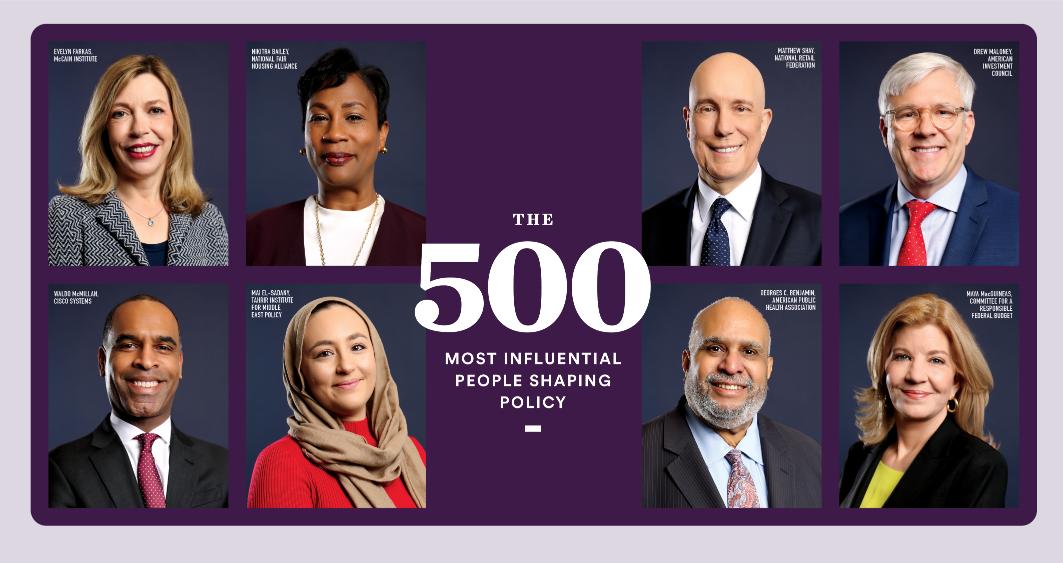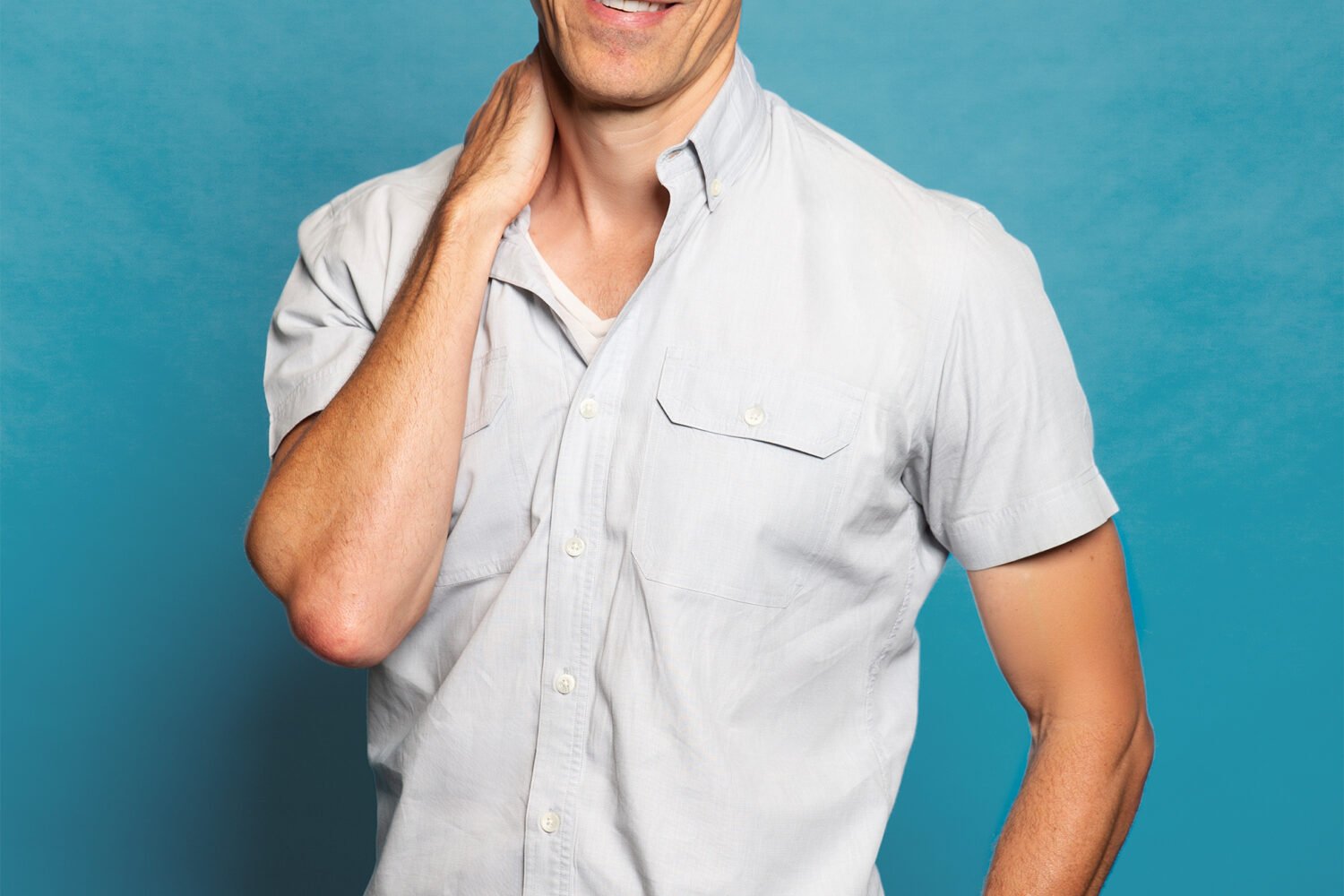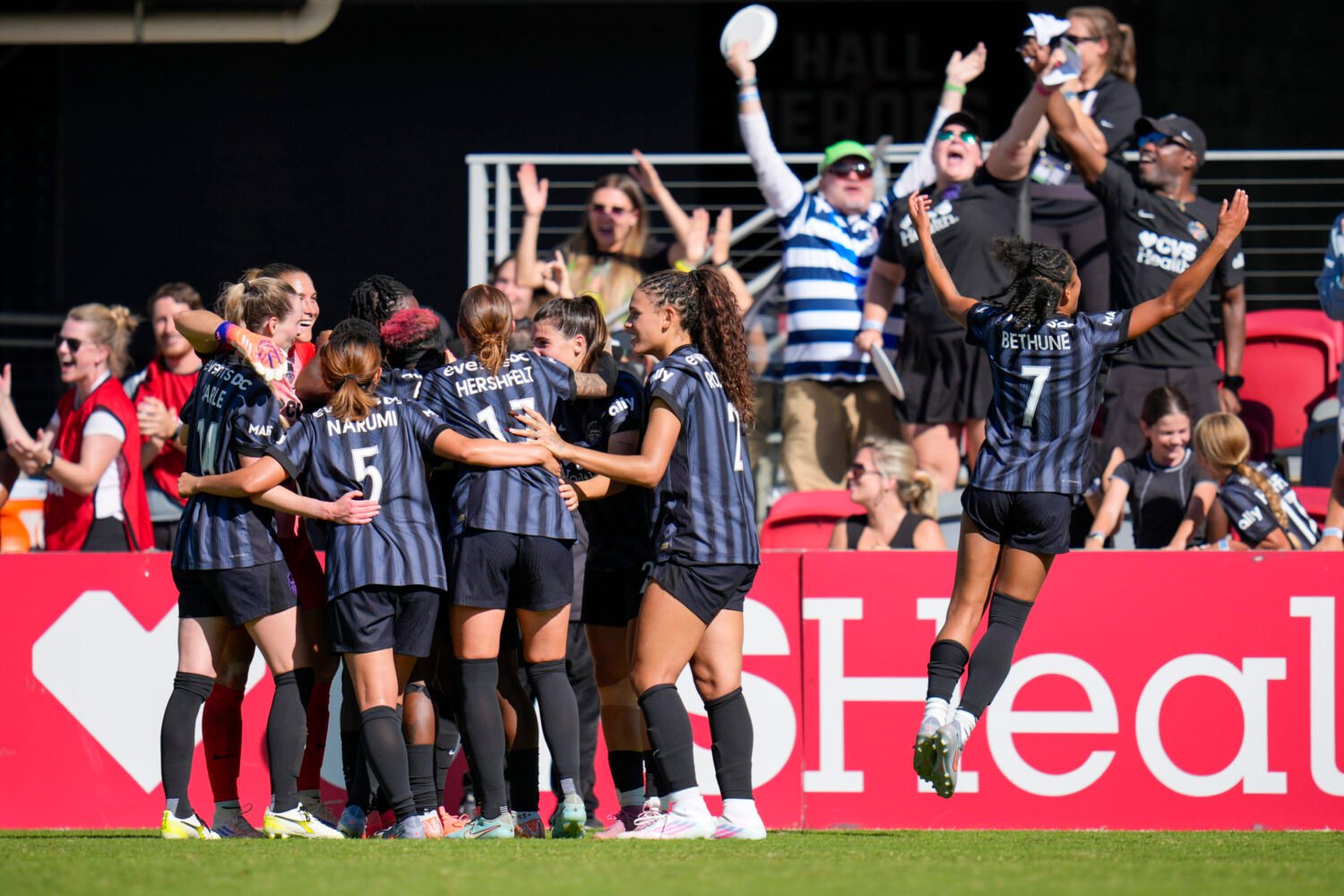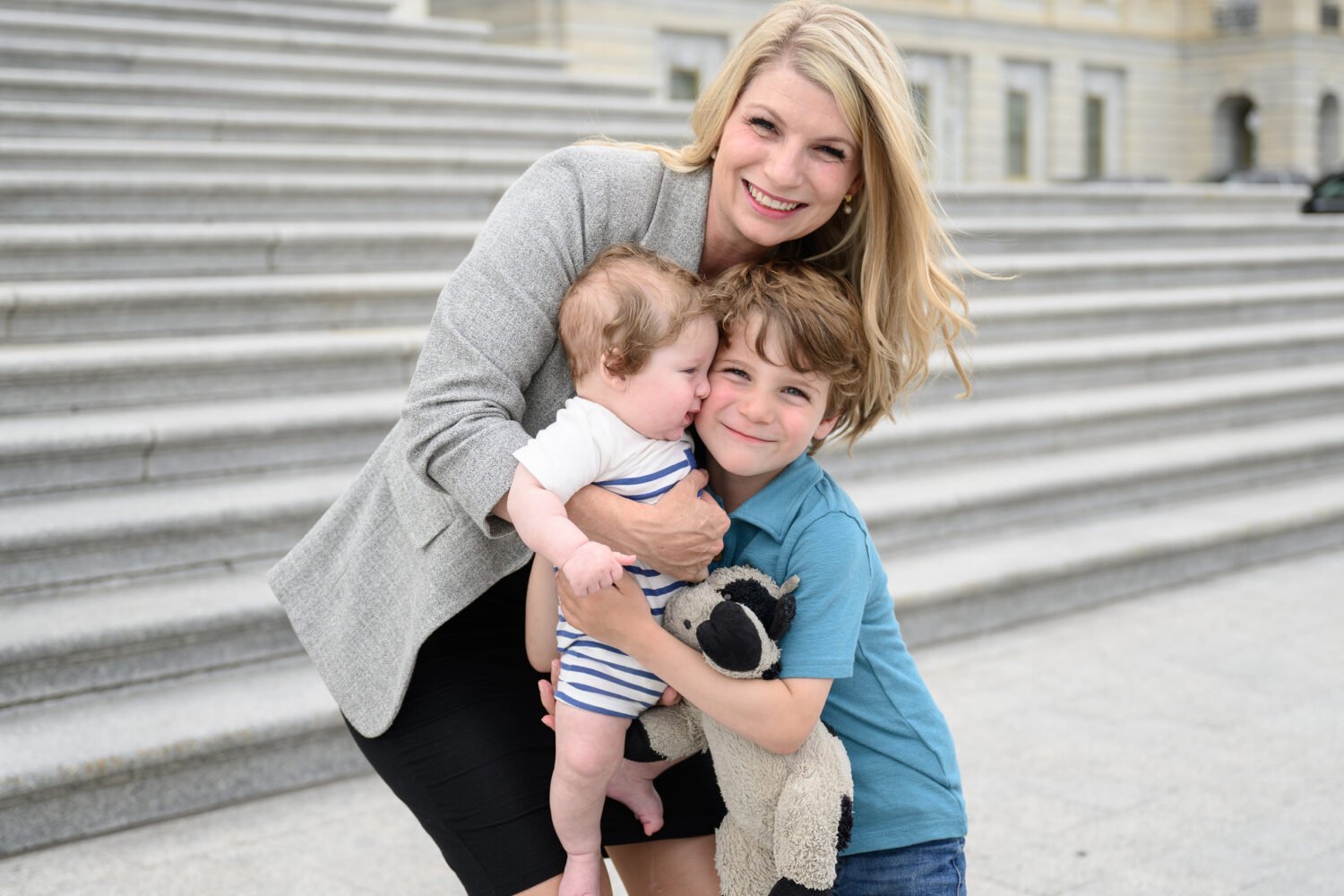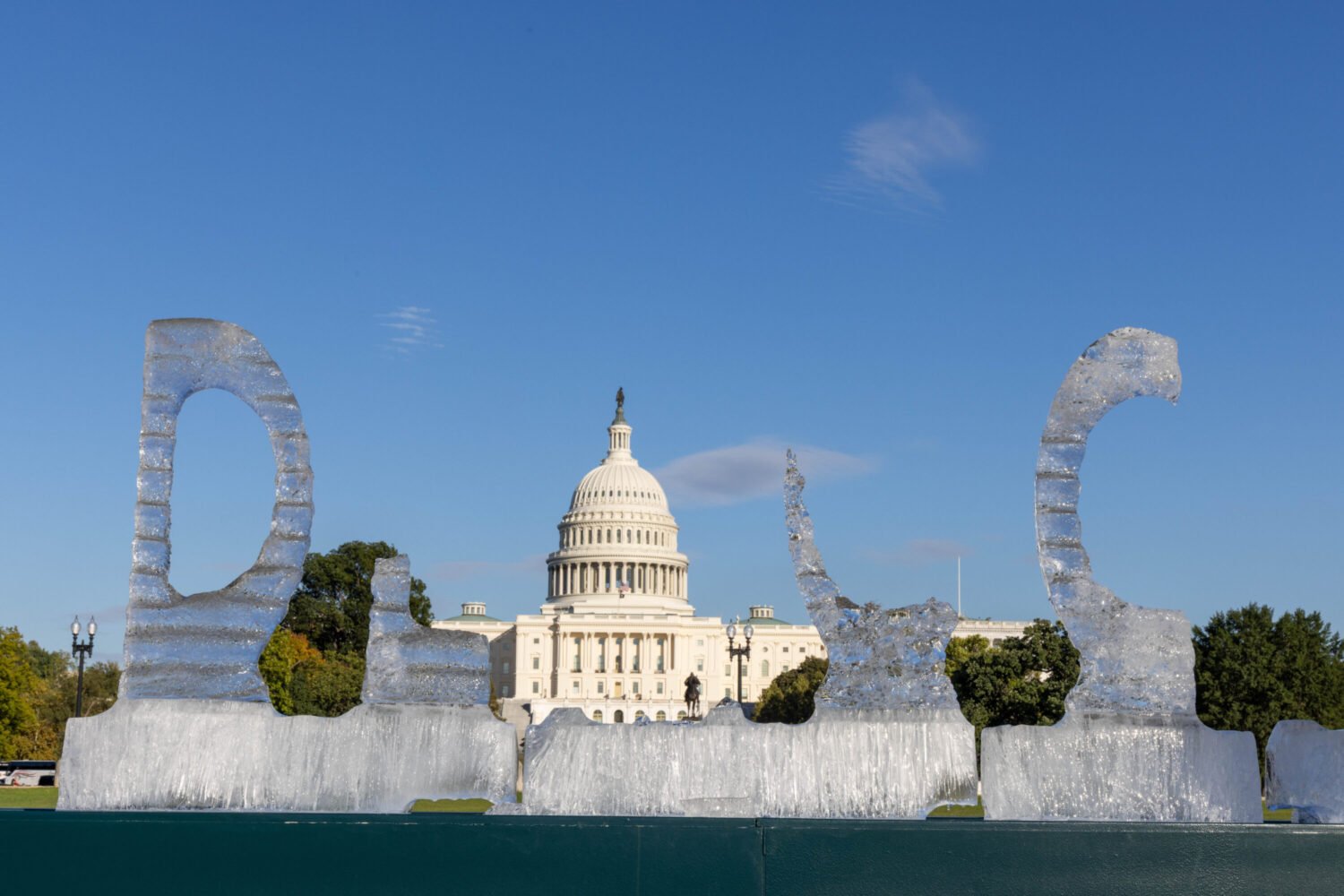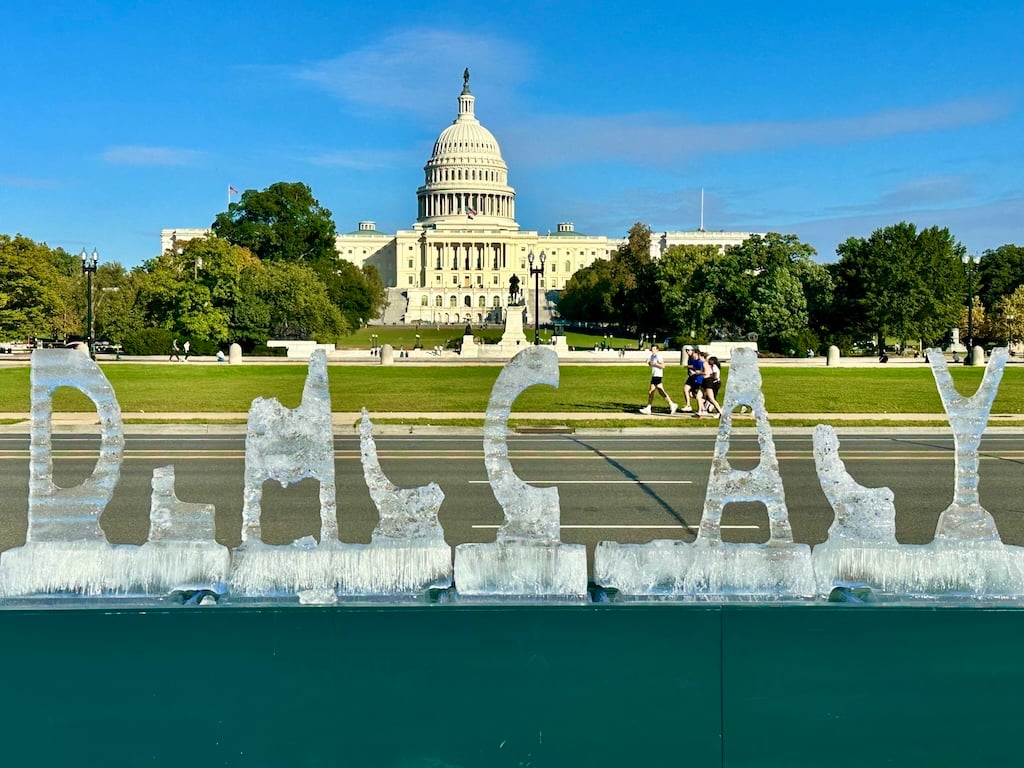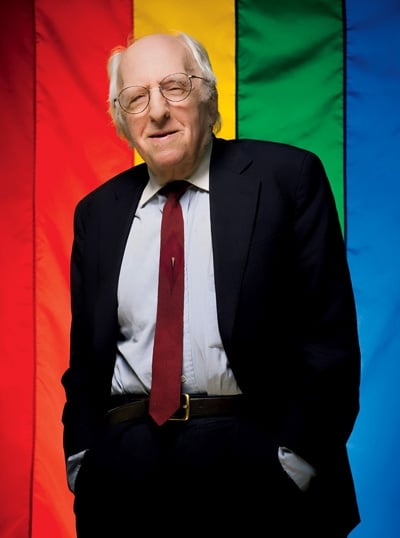
Editor’s note: On October, 11, 2011, Frank Kameny passed away. Below is our interview with him from 2010.
In 1957, Frank Kameny lost his job with the Army Map Service because he was gay. In being fired, the World War II veteran and Harvard PhD joined the ranks of men and women who, due to their real or perceived sexual orientation, were hounded out of government service.
Most moved on to other careers, but Kameny fought back, launching a legal battle that, while initially unsuccessful, helped ignite the gay-rights movement. In 1961, he cofounded the Mattachine Society of Washington, DC, one of the nation’s first gay organizations. Inspired by the slogan “Black is beautiful,” he coined the phrase “Gay is good,” which was adopted in the early days of the gay movement.
Last June, the government publicly apologized. Inside the building where he staged protests more than 50 years ago, Kameny listened as Office of Personnel Management director John Berry, himself openly gay, decried the department’s “shameful action” in upholding a policy “at odds with the bedrock principles underlying the merit-based civil service.”
Kameny, 85, has since been a guest at the White House, standing by President Obama as he signed a memorandum upgrading benefits for domestic partners of federal employees.
In 1971, Kameny launched an independent campaign to be DC’s delegate to the House of Representatives. He was instrumental in lobbying the American Psychiatric Association to remove homosexuality from its list of mental disorders in 1973, the federal government to lift its ban on gays in the civil service in 1975, and President Clinton to end the prohibition on gay people from receiving security clearances in 1995.
Four years ago, he donated thousands of letters, documents, and other memorabilia to the Library of Congress and Smithsonian. This year, a stretch of DC’s 17th Street in the Dupont Circle neighborhood was named Frank Kameny Way.
Kameny lives in the District’s Palisades neighborhood, where his house has been designated a historic landmark by DC’s Historic Preservation Review Board. At home, he talked about what he’s learned.
What was gay life like when you moved to Washington?
I moved here in September 1956 after completing my PhD in astronomy. There were a few gay bars here.
It was a very different era—culturally, legalistically, in every way. Gay people were “sick” and “criminals.” Parallel to the present military policy, which is finally being gotten ridden of, there was a rigid civil-service gay ban.
In 1949–50, there were two Senate committees—the Hoey committee, chaired by North Carolina senator Clyde Hoey, and the Wherry Committee, chaired by Nebraska senator Kenneth Wherry—that issued reports raising all kinds of objections to gay people working in government.
Keep in mind that DC didn’t have home rule then—Congress was our government. The Wherry Committee report directed the DC police department to ferret out gay people so they could be reported to the Civil Service Commission and either fired or denied jobs. Plainclothes police would go in and get people to discuss going home together and having sex—and arrest them. The arrest itself could be disposed of easily. But your name would go on a list, which would be forwarded to the Civil Service Commission. And that would mean if you had a civil-service job, you wouldn’t have it much longer.
If you wanted to go to gay bar, how would you know it existed?
Through other people. I don’t have the faintest idea who told me, but I found out there was the somewhat famous—by some people’s standards, infamous—Chicken Hut on H Street near the White House. There were a couple of others, and I went to those.
All bars were required to close at midnight on Saturdays and Sundays. In the last hour before things closed, around 11, everyone asked, “Where is the party tonight?” They would rush out and get their six-pack of beer—liquor stores would still be open, the parties would be BYOB—and you would have parties in people’s jam-packed apartments.
So you were working in government and knew you were gay. What was that like from day to day?
I was an astronomer and I was doing my work. Through much of the fall of 1957, I was on a trip for the agency to the West Coast and Hawaii. While I was there, I got a call saying, “Come back—the civil service wants to question you.” I said, “Well, the taxpayers sent me out here, and I’ll come back when my scheduled trip is over.” Which I did.
Two civil-service investigators said, “We have information that leads us to believe you are a homosexual. Do you have any comment?” I said, “What’s the information?” They said, “We can’t tell you.” I said, “Well, I can’t respond, and in any case I don’t see how it’s relevant to any rational concern or business of the government.”
Things proceeded, and I was dismissed. I appealed through all the routes, administrative and judicial, and I believe I was the first person to have appealed one of these things. Ultimately, the American Civil Liberties Union took the case through the first few stages of the courts. But when we lost, they felt it was unlikely to prevail in the Supreme Court, so they gave me a list of rules for filing my own brief, which I did.
If you hadn’t been fired, would you have pursued this?
No I would not have. NASA was just being formed at that time. I would have transferred to NASA, as did many of the people I worked with at the Map Service, and would have expected to have a career there as an astronomer. I suspect that by now, if all of this hadn’t happened, I would simply be a retired government astronomer and that would have been it. Gay activism didn’t really exist at that point.
When my case was turned down by the Supreme Court, my feeling was that I had been faced with a problem that needed to be addressed on my behalf and for other people. There was no organization doing it very well, so in 1961 I cofounded one.
I still viewed myself as a physicist for most of the ’60s. Gay activism was developing, so gradually there was a shift of my own attention as we moved into the late ’60s.
Has DC been the center of the gay-rights movement?
I’ve said for many years that San Francisco was looked upon as the center, but DC is very much the success story of the gay movement.
Why is it the success story?
Things happened to come together that could just as easily not have. And we—the great collective “we”—have worked very hard to make things work out. We’ve had a generally receptive local government. We got the Human Rights Act in 1973, which I helped draft. The DC police used to be the enemy incarnate; now it has the Gay and Lesbian Liaison Unit. It was heartwarming to see in the last two gay-pride parades a police-department float enthusiastically cheered by gays, which would have been inconceivable way back.
Was there a point at which being gay in Washington opened up and people didn’t have to worry about being fired?
Anti-discrimination laws began to appear in various parts of the country in the late ’60s and early ’70s; the first that dealt specifically with gay rights was in East Lansing, Michigan, in 1972. Prior to that, as a result of my case, I had been in extensive communication with the Civil Service Commission, now the Office of Personnel Management. I was told firmly, “Oh, no, we don’t discriminate against gay people—we only exclude people who engage in those dreadful homosexual acts.”
It became clear that any nondiscrimination law had to cover not only your state of being but what you did. I impressed that on the people who were drafting DC’s Human Rights Act. As now written, it prohibits discrimination on the basis of homosexuality, heterosexuality, or bisexuality—by preference and by practice.
It covers employment, housing, access to public accommodation, education. It immediately opened things up for people in the District and was sort of a declaration of freedom for gay people so that whatever concerns you may have with employment or housing or hostile landlords, you had recourse.
When you ran for Congress in 1971, how much of your message was about gay rights?
It was split. I was very conscious of running a double-barreled, double-issue campaign. If you’re going to run for public office, you have to become expert on trash collection, road repair, and all the things that concern people, but I was running a parallel campaign on gay issues. I remember we had one press conference in the office of the Secretary of the Army in the Pentagon . . . .
How did you get in?
In those days, you walked into any government building you wanted to. At one point in the ’60s, I walked into the State Department, one of our worst enemies, and put up leaflets all over the building—in restrooms, on bulletin boards—advising people how to handle adverse personnel actions. I walked in, put ’em up, walked out. One time, my election staff handed in a letter for President Nixon at the White House gate, and that was strictly on gay issues.
I came in fourth out of six candidates, and that gave us entrée into the DC political scene, of which we made good use in the ensuing years.
Were you written off by the media as sort of a freak candidate?
Not terribly much that I’m aware of. Keep in mind that once we got the requisite number of nominating signatures, I was a full-fledged candidate. Five thousand signatures were needed, and we had 7,800—they granted me that. And of course whenever there were television debates, it gave me ample chance to get out to the public on the issues.
Did people treat you seriously?
Yes, we were treated seriously. On the other hand, there were overt verbal expressions of hostility—and you simply fight those verbally in the manner in which they come.
How did your opponents treat you?
There was contention and disagreement, but I usually make my arguments very well.
On gay issues was there agreement?
The list of candidates was a mixed one. Walter Fauntroy, who won, is still hostile on the issue. He and I had a reasonably civil relationship—one time he and I and a couple of other people picketed the South African Embassy, and we all got arrested. I haven’t communicated with him for decades. In general, interactions were civil even if there were disagreements on some questions.
Two candidates came from the far left, and on gay issues there was no disagreement; our issues were simply not theirs. In the first years of home rule, we had a few nastily homophobic city-council members. We haven’t had anything like that in recent years.
What is now the Gay and Lesbian Activists Alliance, which was founded in 1971, formed out of the nucleus of my campaign committee. The gay community has been credited with getting Marion Barry the necessary margin of votes that won him the mayoralty 1978, and he’s always indicated his appreciation, even with his opposition in recent times to same-sex marriage. With that, I think he was just trying to be a smart politician in terms of what he perceived as the sentiments of his ward, correctly or incorrectly. Otherwise, he’s been a good political friend.
Do you think the gay-rights movement is generally over?
We aren’t that successful yet. There is still vigorous opposition, and a lot of people are picking up on it—fundamentalists, the conservative right, which is very influential. Now there’s going to be a fight, when Congress gets around to it, on the Employment Non-Discrimination Act, just as there was on the hate-crimes law. We still have the battle, which I predict will be nasty, on the Defense of Marriage Act. Societally, there’s great cultural resistance once you get out of the large cities.
All of the polls seem to indicate that if we live long enough—I won’t, you will—attitudes will be very much more relaxed. But they will only stay that way if we continue to push in that direction. If we don’t, things will move backward.
What have you learned about Washington?
Over the years, I’ve become educated as a politician of sorts, which I never would have imagined, in terms of both municipal and federal politics—two very different things. In most of the country, people don’t understand that there is a municipal Washington and a federal one, and I’ve had to get to know both.
What have you learned about life?
The one thing in which I have absolute faith is the validity of the product of my own intellectual processes. Therefore, if society and I, or the world and I, differ on something, I’ll give them a second chance to make their point, and I’ll take a second chance to make my point. And if we both still differ, there will be a war. And I tend not to lose my wars.
This article first appeared in the October 2010 issue of The Washingtonian.

